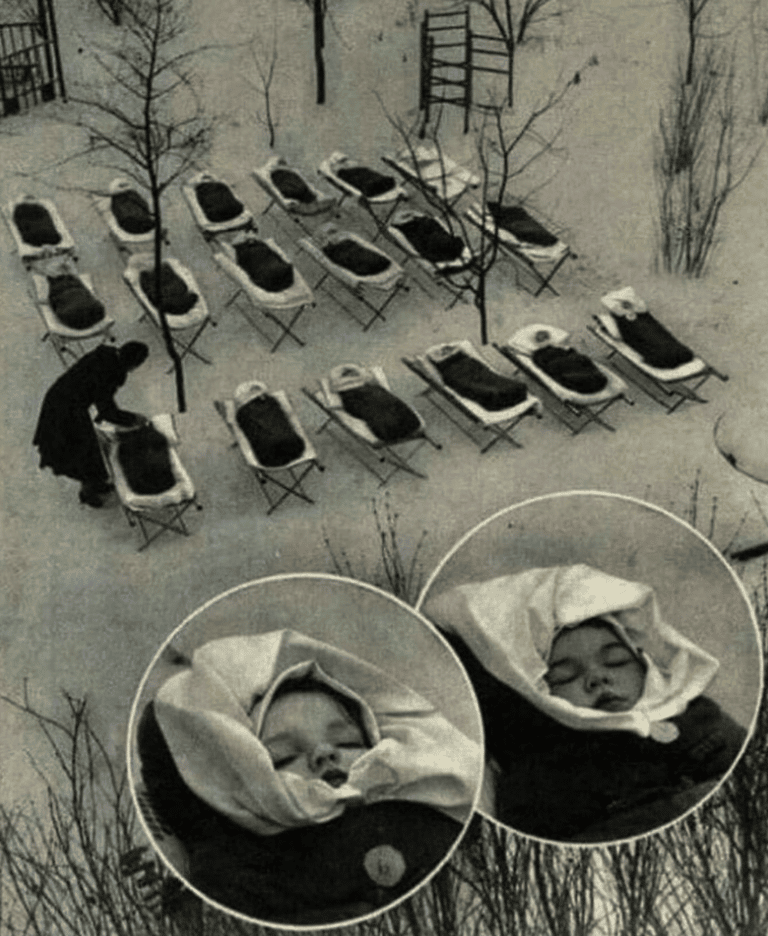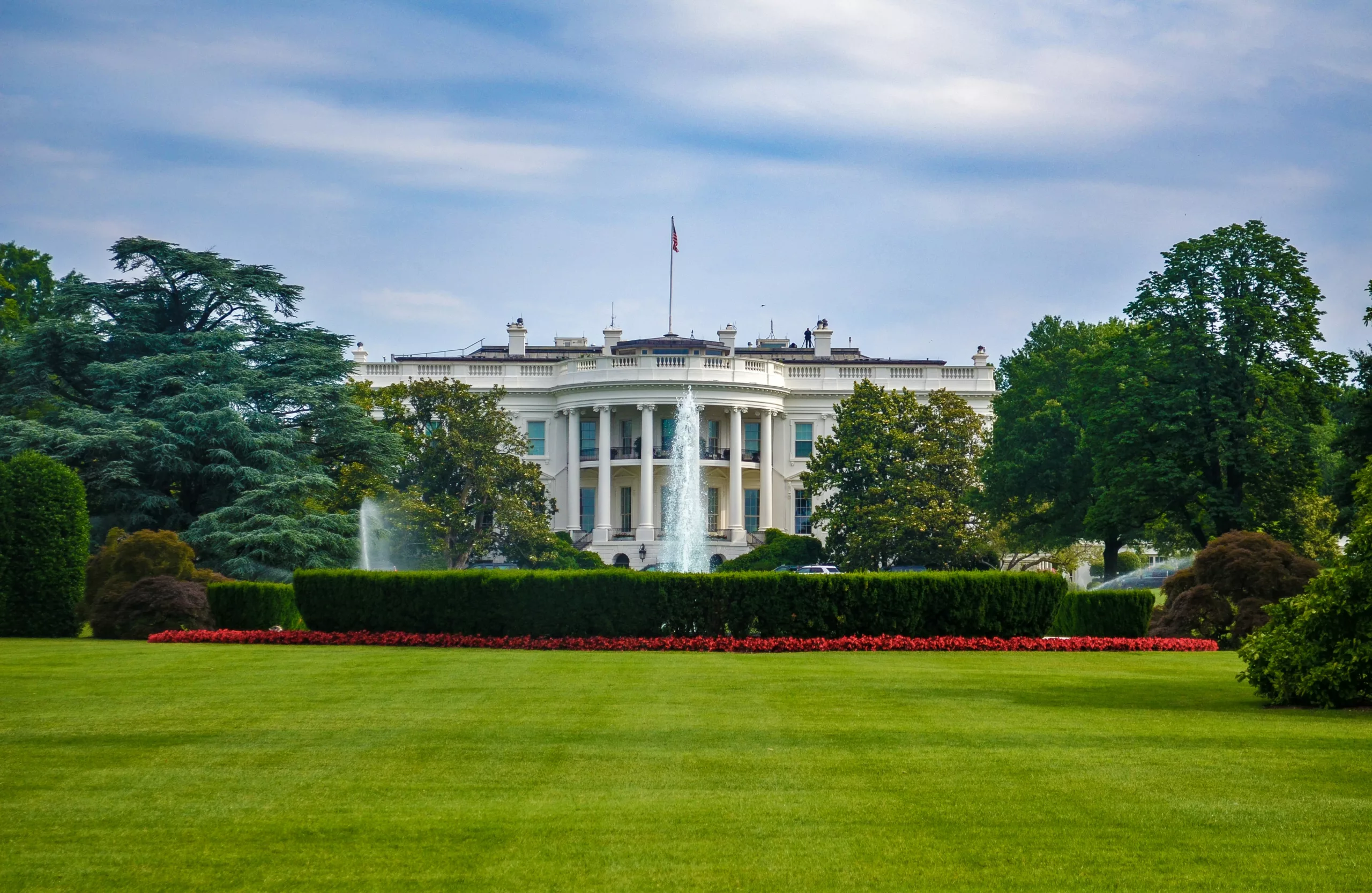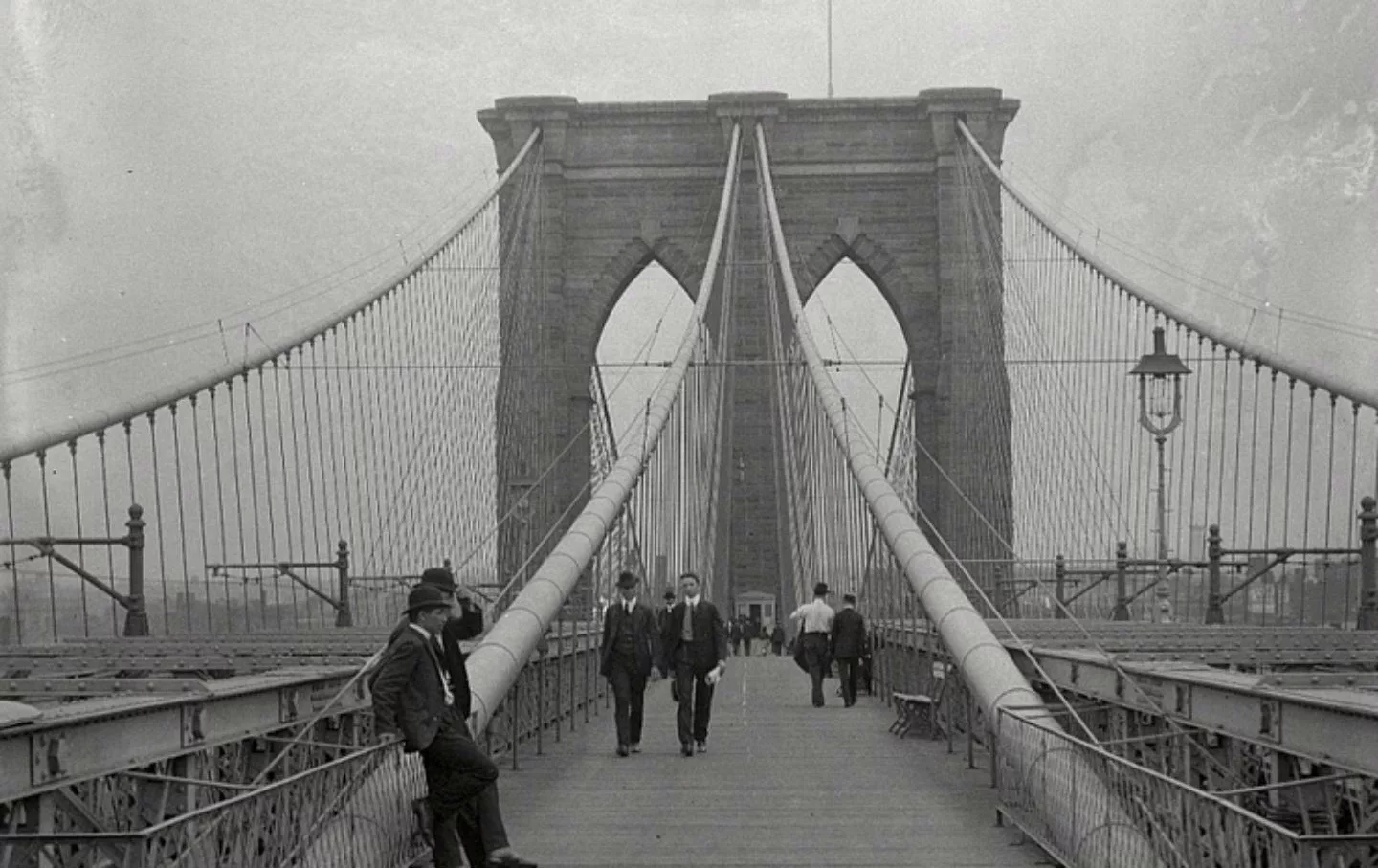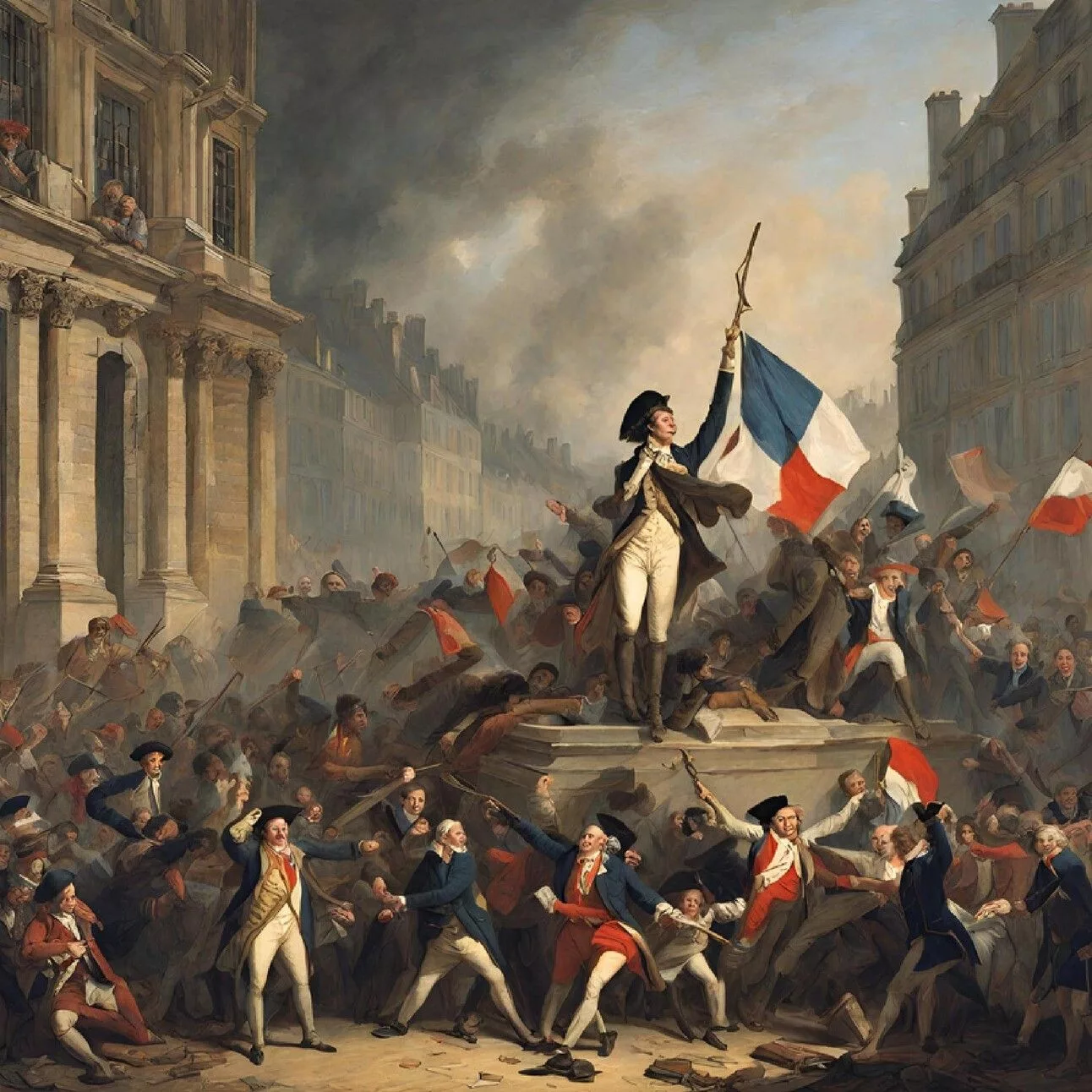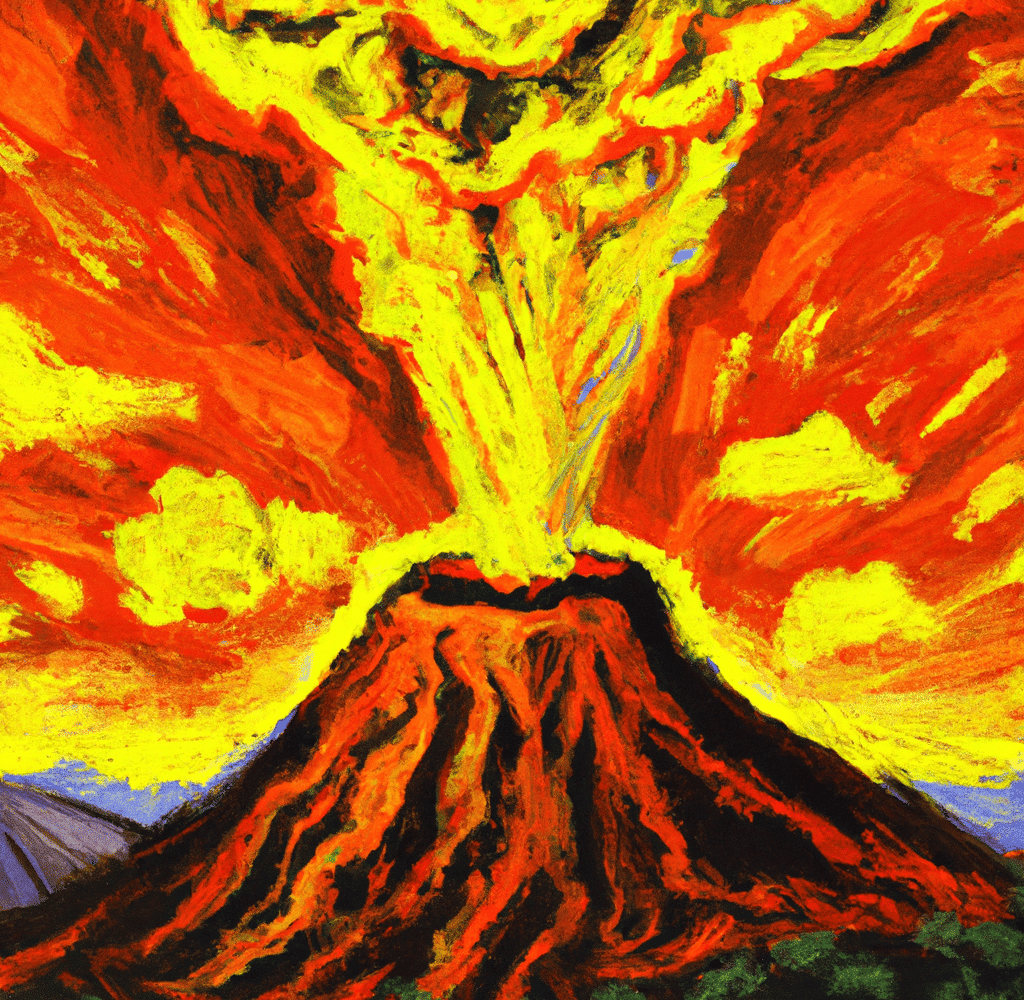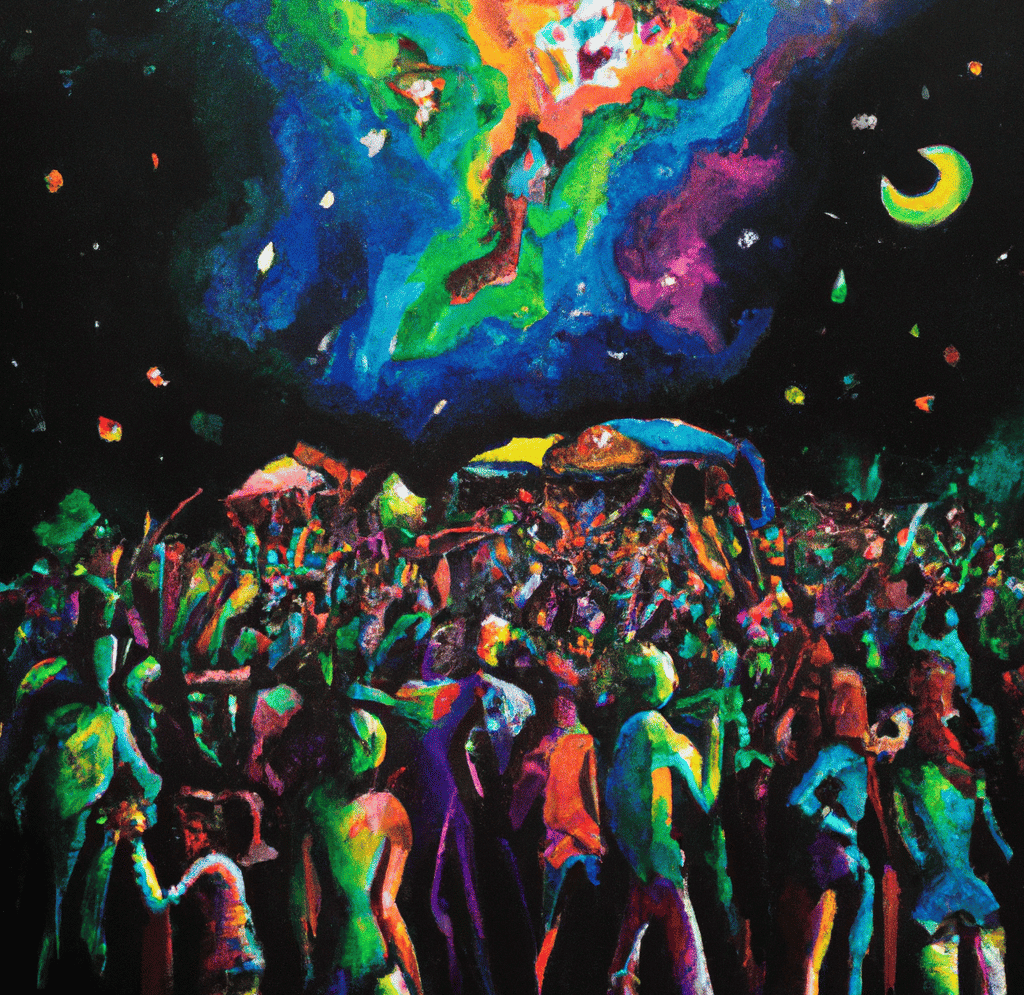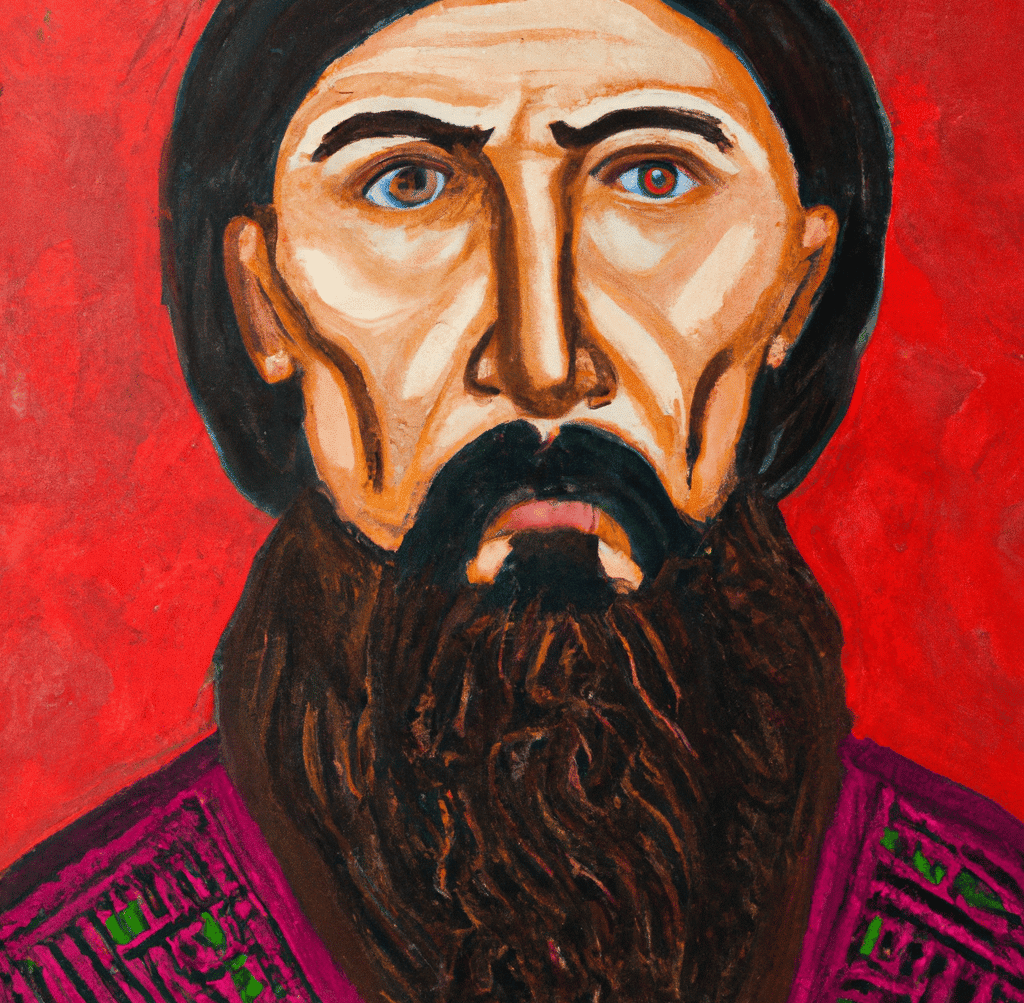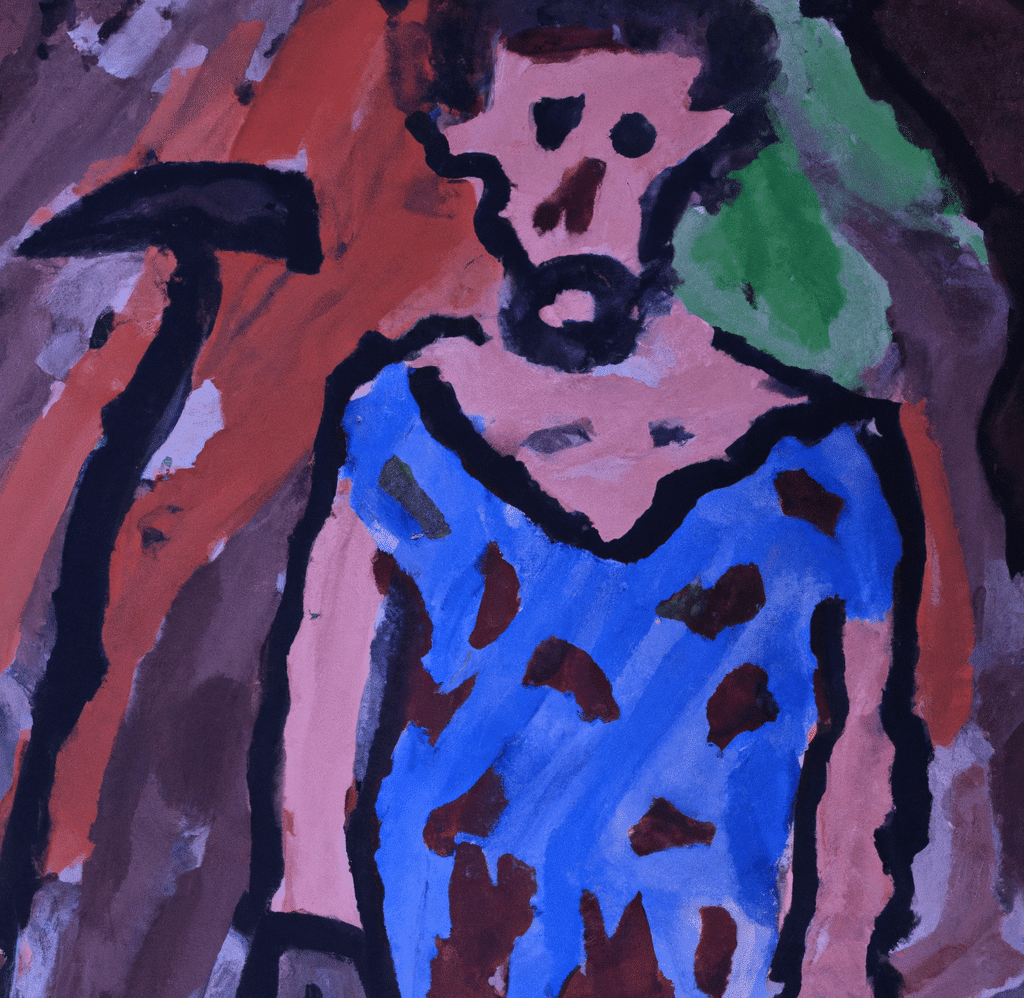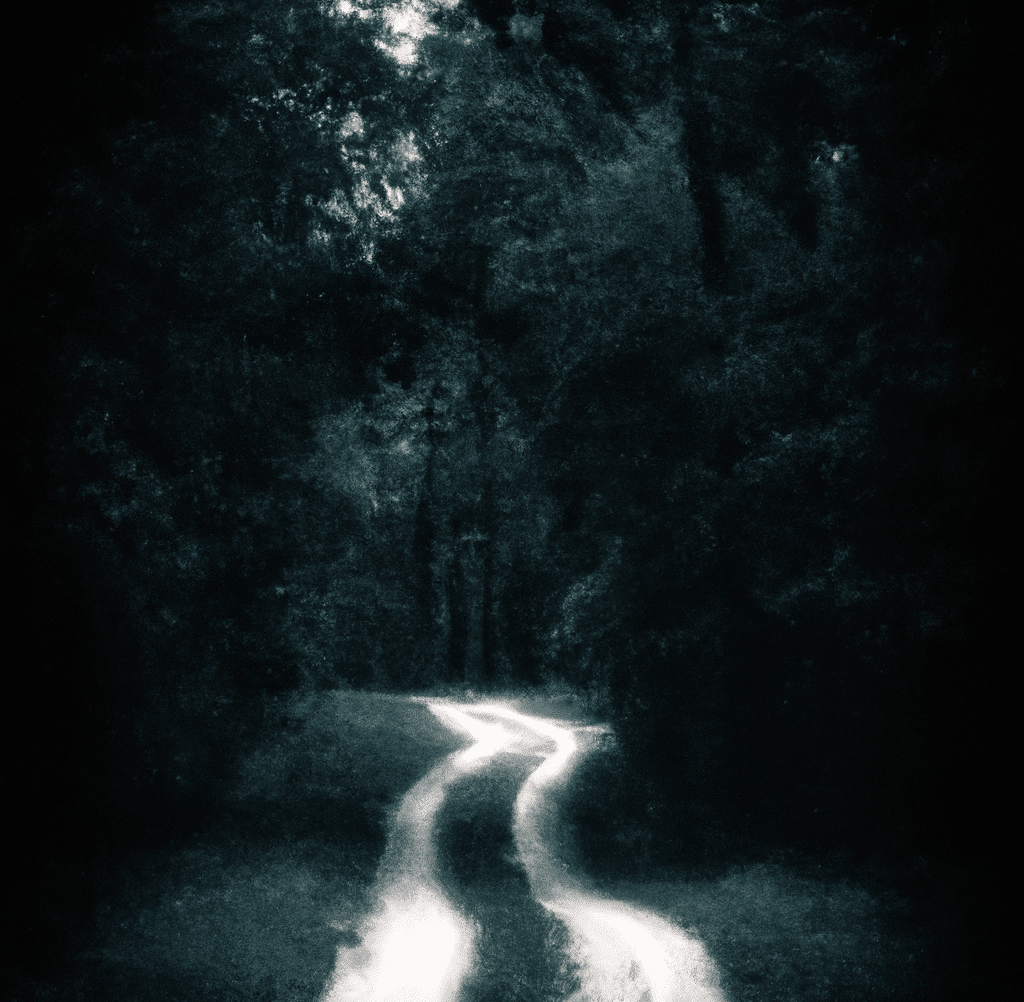In 1958 Moscow, Soviet parents took a different approach to get their new Russian babies to sleep. So what exactly did they do? Well, they left them out in the snow! While this may sound odd in some countries, it is actually more common than you think.
So, why do these parents do this? Read on to find out!
Fresh Winter Air
Russian authorities believed in the importance of fresh air for growing lungs. They believed that the crisp, clean air strengthened their immune system. Thus, this helped them sleep longer. You can see it firsthand in the strict sanitary regulations overseen by their highest medical body.
It stated that children in kindergartens must have regular access to fresh air, with rooms aired at least twice a day. Additionally, outdoor walks and playtime were mandatory in the winter. This ruled stayed in place even when temperatures dropped below -4 Celsius (24.8°F)!
Defense Against Tuburculosis
Winter was a prime time for health epidemics in the early Soviet Union. With so many infected, important counter measures were taken to fight the spread of diseases like tuberculosis. By the 1930s, vaccination programs were rolling out across Russia.
In addition to powerful medicine, the Soviets believed hygiene was the key to winning the battle against epidemics. So, propagating clean living practices became a main point of emphasis. This practice extended down to kindergarten. It was believed that hygiene measures put into place prevented thousands from succumbing to widespread winter illnesses.
Controversy Around Winter Naps
While this was a popular practice in Russia, not all countries were as open to it. Danish mother Anette Sorensen experienced this first hand. In 1997, she was arrested for leaving her 14-month-old daughter outside a New York restaurant. She had gone inside to enjoy a few margaritas and repeatedly checked on the blanketed baby during her time in the restaurant.
The arrest caused controversy in New York. Locals were shocked by the prospect of parents leaving a child unattended on the sidewalk.
Winter Proofing Babies Is the Norm in Some Places
In Nordic countries such as Finland, Sweden, and Denmark, it is common to find babies napping outside in their strollers during winter months. This unusual habit is based on the belief that babies benefit from exposure to fresh air and a healthy dose of all-natural Vitamin D from the sun.
Additionally, many parents find that exposing their children to cold temperatures at a young age helps strengthen their immune systems. In order to guard against cold weather and harsh winds, babies are swaddled snugly in multiple layers of warm clothing and under thick blankets.
Are There Benefits to Winterizing Babies?
Many believe that letting babies sleep outside in the snow can have multiple benefits, such as helping their immune systems build antibodies necessary for protection from common winter illnesses. It is considered to make their bodies more resilient and better able to adjust to fluctuations in temperature.
Taking winter walks or staying out in cold temperatures helps enhance babies’ motor skills and sensory stimulation. And exposure to winter temperatures strengthens babies’ immune systems, helps regulate their breathing patterns, and improves their sleep cycles.
Concerns With Leaving Babies Outside
If you are sold on winter-proofing your baby, there are certainly a few things you need to consider first! Hypothermia and frostbite are obvious concerns. It’s important to check their chest and hands to ensure they stay warm enough!
Additionally, leaving a child unattended puts them at risk of being abducted. It also exposes them to curious wildlife, such as birds, squirrels, and other critters. If you are leaving your babies out for a winter nap, it is important to keep a very watchful eye!
Lastly, this sort of practice is only accepted in some places. As was the case with Anette Sorensen, leaving a child unattended could land you in handcuffs in some countries around the world. So, being aware of the local culture and laws of your location is paramount!
Conclusion
Depending on where you are in the world will determine whether you find this practice completely normal or highly bizarre. But like the people of 1958 Moscow, we all want the same thing for our babies: Health and safety!
Winter Proofing New Russian babies, Moscow, 1958. They believe that the cold, fresh air boosts their immune system and allows them to sleep longer. pic.twitter.com/jqdbsxFXNL
— Historic Vids (@historyinmemes) November 6, 2022

